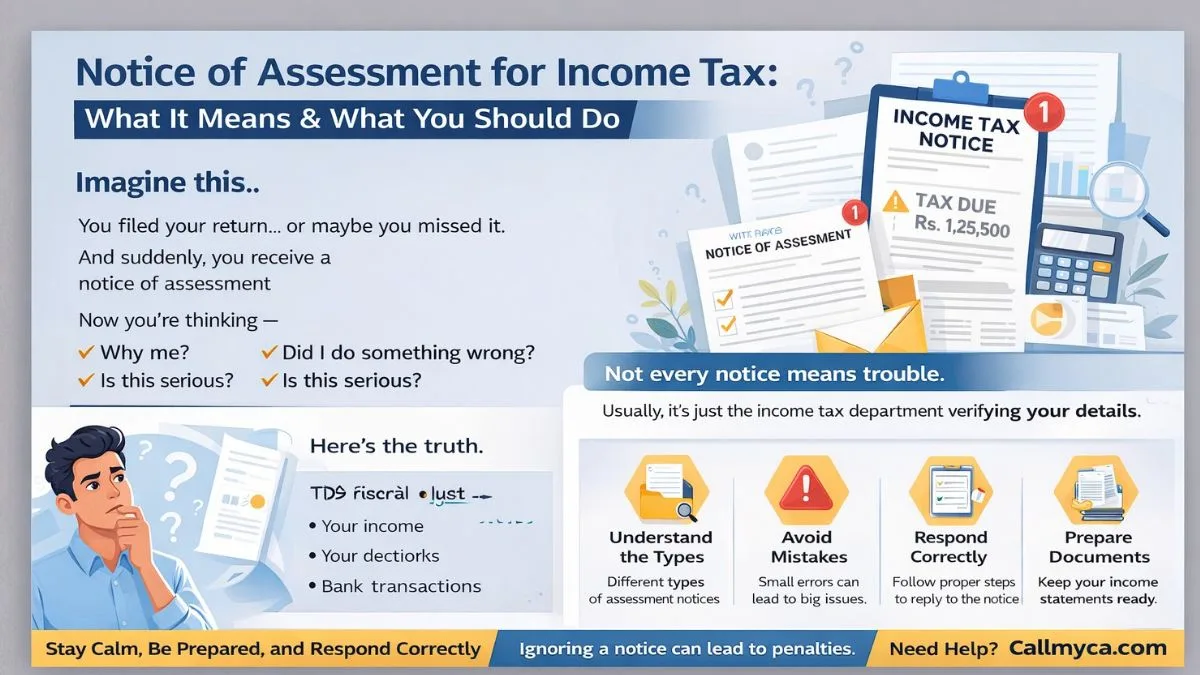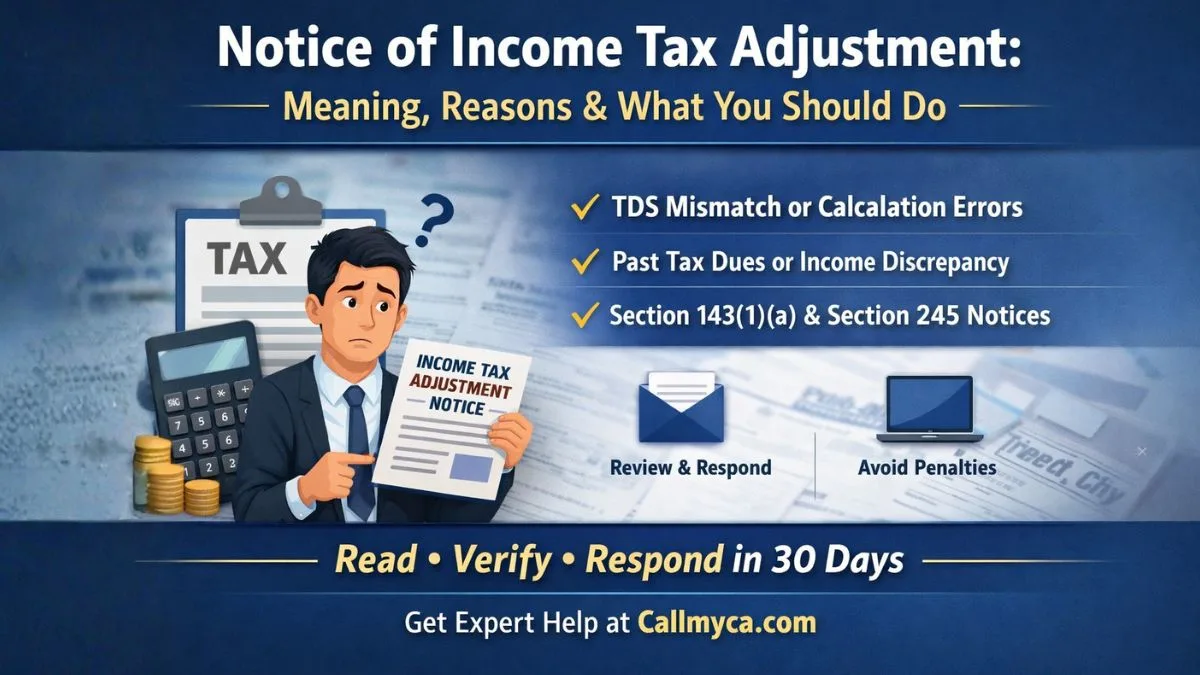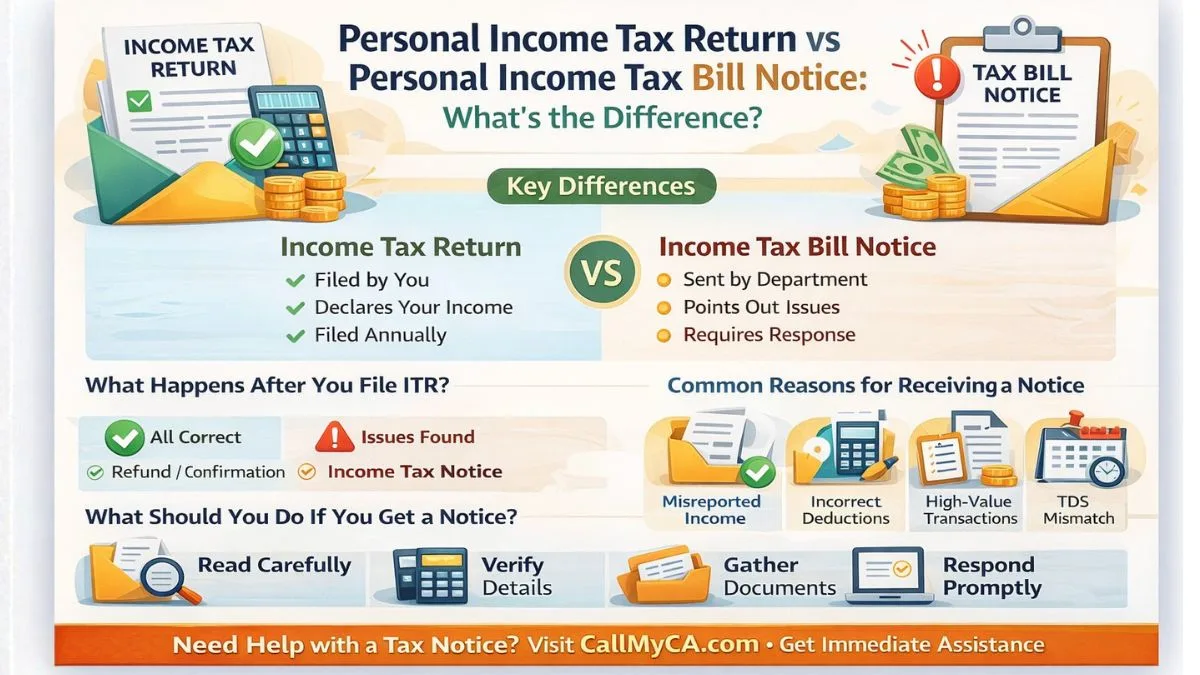
In today's hustle culture, where a high salary is often seen as the ultimate badge of success, there’s an uncomfortable truth most people ignore—your salary won’t make you rich. Not unless you change how you think about money.
Despite working hard and earning well, many individuals find themselves living paycheck to paycheck, with little to no wealth to show for it. Why? Because they’re stuck using the wrong formula:
Income – Expenses = Savings
It sounds logical—spend on your needs & save what’s left. But this is exactly where most people go wrong.
Flip the Formula Like the Wealthy
The truly rich don’t follow this formula. Instead, they follow:
Income – Savings = Expenses
They save and invest first. Then they plan their lifestyle around what remains. This simple switch is a game-changer. It prioritizes future security over current comfort. And it forces you to make better financial decisions."
Real-Life Example: Aman vs Ravi
Let’s say Aman and Ravi are both 25 years old. Each earns ₹1,00,000 per month & gets a 7% annual salary hike. The only difference?
- Aman follows: Income – Expenses = Savings
(He saves whatever’s left – about ₹5,000/month) - Ravi follows: Income – Savings = Expenses
(He saves first – a fixed ₹25,000/month from Day 1)
Assume they both invest their savings in mutual funds earning 12% average annual return (compounding monthly).
Let’s compare their net worth over the years:
|
Year |
Aman's Wealth |
Ravi's Wealth |
|
5 |
₹4.2 lakh |
₹20.5 lakh |
|
10 |
₹11.5 lakh |
₹62.8 lakh |
|
15 |
₹25.6 lakh |
₹1.49 crore |
|
20 |
₹47.3 lakh |
₹2.97 crore |
|
25 |
₹80.1 lakh |
₹5.5 crore |
|
30 |
₹1.29 crore |
₹9.4 crore |
Difference after 30 years?
Even with the same salary, Ravi is ₹8 crore richer just by applying the right money formula. "
Also Read: Budget 2024: Tax on Physical Gold vs Digital Gold
The Indian Reality Check
India is a land of extremes when it comes to wealth distribution. Here’s the harsh truth:
- We’re a country of over 140 crore people
- Only 7–8% pay income tax
- The top 1% of Indians own nearly 40% of the country’s wealth
- The bottom 50% share just 15%
Let that sink in. The economic divide is not just massive—it’s growing. And unless you change your money mindset, you may never break out of the middle-class trap."
What the Wealthy Do Differently
The truly wealthy:
- Pay themselves first
- Avoid lifestyle inflation
- Automate investments into SIPs, emergency funds, or retirement accounts
- Live below their means regardless of income hikes
Conclusion
Your salary is just a tool. How you use it determines whether you stay stuck in the earning-spending-saving loop or break free into long-term wealth.
Remember this golden rule:
Income – Savings = Expenses
Start small, stay consistent, and let compounding do its magic.
Need help building a tax-smart savings plan?
📲 Visit Callmyca.com and consult our financial advisors today.










